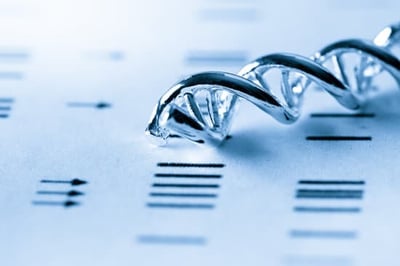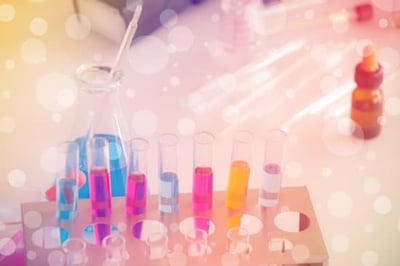
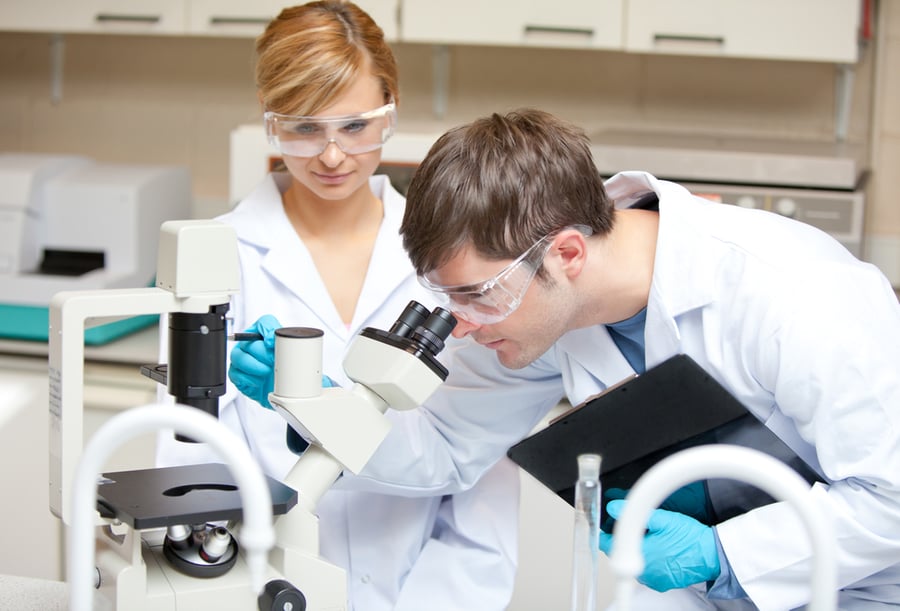
Benefits of PCR Molecular Testing for Infectious Diseases
The COVID-19 pandemic has shone the light across a wide spectrum of medical advances such as the benefits of PCR molecular testing for infectious diseases.
“The PCR test has been the gold standard test for diagnosing COVID-19 since authorized for use in February 2020. It’s accurate and reliable,” says the Cleveland Clinic, ranked as one of the top hospitals in the United States.
It should come as no surprise that PCR molecular testing is considered the gold standard today. Because of advances in the technology in the past 20 years some are comparing it to the breakthroughs from two centuries ago of Louis Pasteur, considered the “father of microbiology.”
“Molecular PCR testing is the 21st century’s answer to what Louis Pasteur created 200 years ago,” wrote Dr. Estee Davis and Rami Packard in the Orlando Medical News in December 2019, on the eve of the coronavirus pandemic.
Unlike traditional culture testing, which can take on average 3 to 5 days and sometimes up to 20 days for fungal infections, PCR molecular testing from collection to pathogen detection to treatment selection can sometimes all be accomplished within 24 hours.
“The diagnosis of infectious diseases has been revolutionized by the development of molecular techniques, mainly with the application of polymerase chain reaction (PCR),” says the Synthetic Biology textbook. “The high sensitivity, specificity, and ease with which the PRCR can be used to detect genetic sequences known have led to their wide application in science.”
The Science Behind Molecular PCR Testing
The Cleveland Clinic describes molecular PCR testing as “a test to detect genetic material from a specific organism, such as a virus. The test detects the presence of a virus if you have the virus at the time of the test. The test could also detect fragments of the virus even after you are no longer infected.”
The National Library of Medicine’s MedlinePlus describes PCR tests as a fast, highly accurate way to diagnose certain infectious diseases and genetic changes.
PCR molecular tests work by finding DNA or RNA of a disease-causing organism (pathogen) or abnormal cells in a sample.
Most viruses and other pathogens contain either:
- DNA: The genetic material that contains the instructions and information for all living things.
- RNA: A type of genetic material that contains information that has been copied from DNA and is involved in making proteins.
“During a PCR test, a small amount of genetic material in a sample is copied multiple times. The copying process is known as amplification. If there are pathogens in the sample, amplification will make them much easier to see,” says MedlinePlus.
PCR tests, which including standard PCR testing as well as rtPRC (reverse transcription PCR) and qPCR (quantitative PCR) and real-time PCR, are used to:
- Diagnose certain infectious diseases
- Identify a genetic change that can cause disease
- Find small amounts of cancer cells that might be missed in other types of tests
How Molecular PCR Testing Works
MedLinePlus explains molecular PCR testing in the following steps:
- A sample of blood, saliva, mucus, or tissue is taken.
- The sample will contain your own DNA and possibly the DNA of a pathogen or cancer cell.
- The sample is put into a special machine. An enzyme called polymerase is added to the sample. This causes the sample to produce copies.
- The copying process is repeated multiple times. After about an hour, billions of copies are made. If a virus or pathogen is present, it will be indicated on the machine.
Your PCR test may be taken by either blood test, with a healthcare professional using a small needle to draw blood from a vein in your arm, or via a nasal swab, either from the front part of your nostrils (anterior nares) or from the back of your nostrils (nasal mid-turbinate).
“PCR tests are an accurate and reliable method for identifying many infectious diseases. And because they are often able to make diagnoses before symptoms of infection occur, PCR tests play a crucial role in preventing the spread of diseases,” concludes MedlinePlus.
5 Benefits of Molecular PCR Testing
Davis and Packard in their article argue that doctors rarely receive accurate timely answers with traditional testing.
“Traditional approaches to identify the pathogens responsible for enteric infections can be time consuming and lack sensitivity, which can lead to misdiagnosis. They face a large burden from a variety of respiratory tract infections which can be very expensive and difficult to diagnose,” write Davis and Packard.
The key benefits to molecular PCR testing include:
- Speed: Wise DX, for example, uses a network of national overnight service providers and local couriers to expedite specimen deliver to the lab. Combined with the speed and efficiency of PRC testing, healthy care teams have answers within 24 hours, which allows for earlier informed decision-making.
- Sensitivity and Accuracy: PCR testing is more sensitive than traditional culture testing and this leads to more accurate results. PCR testing can identify bacteria regardless of recent antibiotic use and has a track record of detecting specific pathogens that are difficult to culture in vitro or require a long cultivation period.
- Promotes Antimicrobial Stewardship Programs: Because PCR testing is so rapid and accurate, it reduces treatment failures and improper prescription of antibiotics due to lack of diagnosis. Antimicrobial stewardship programs are efforts put in place to improve antibiotics utilization and are on the front lines of stopping highly resistant microbes or “superbugs.”
- Improved Patient Outcomes and Satisfaction: PCR testing’s rapid and accurate diagnosis of infectious diseases leads to improved patient outcomes and satisfaction as they received the proper medical care in a timely manner. The identification and treatment of some infectious diseases, such as UTIs, can have life-and-death consequences.
- Healthcare Cost Reduction and Avoidance: When an infectious disease is identified accurately and rapidly due to PCR testing, healthcare costs are saved from fewer tests needed to diagnosis, shorter hospital stays due to quicker diagnosis, and reduced antibiotic use as pathogen is identified quickly leading to selecting the proper treatment options.
Subscribe to email updates
Related Articles
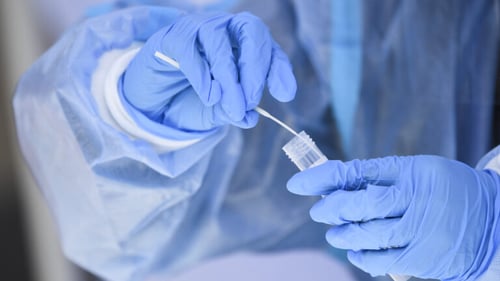
Topics
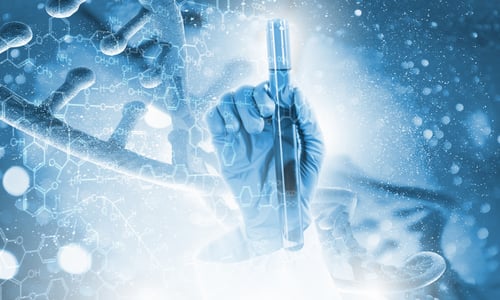
Topics

Topics

